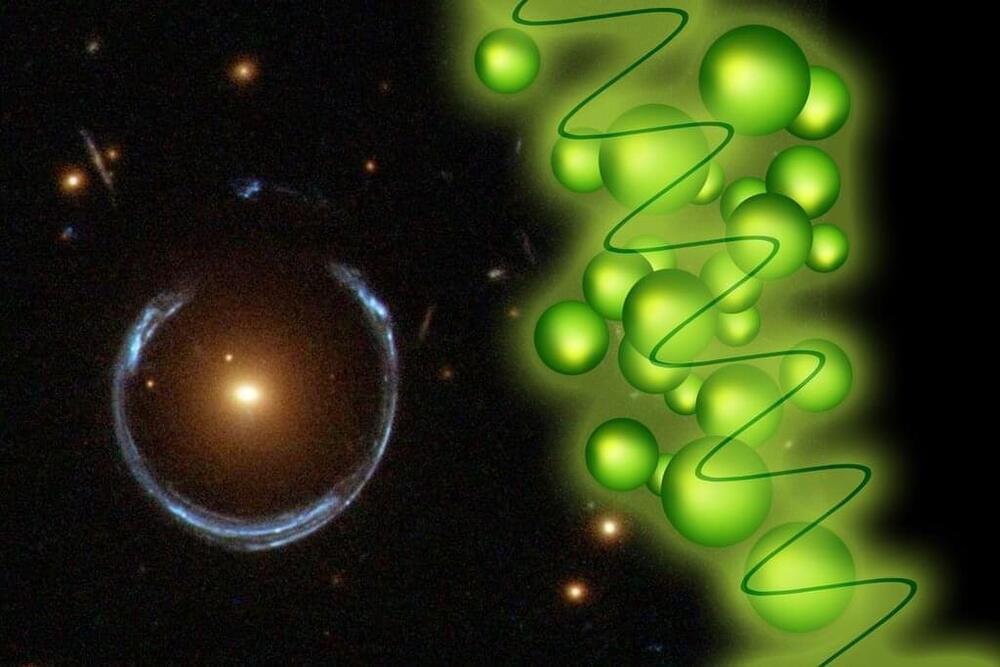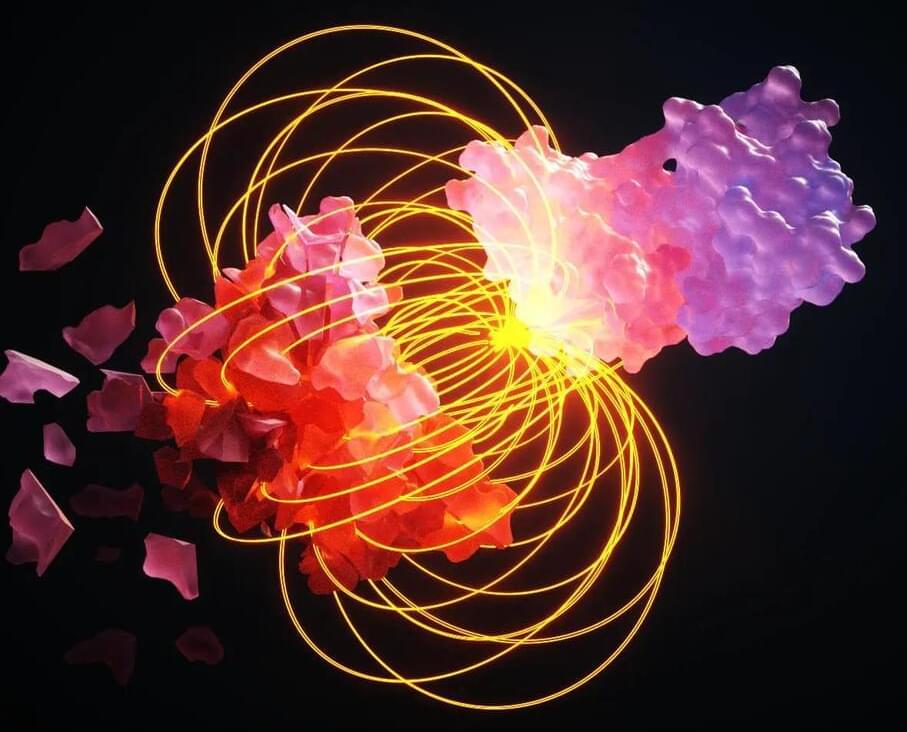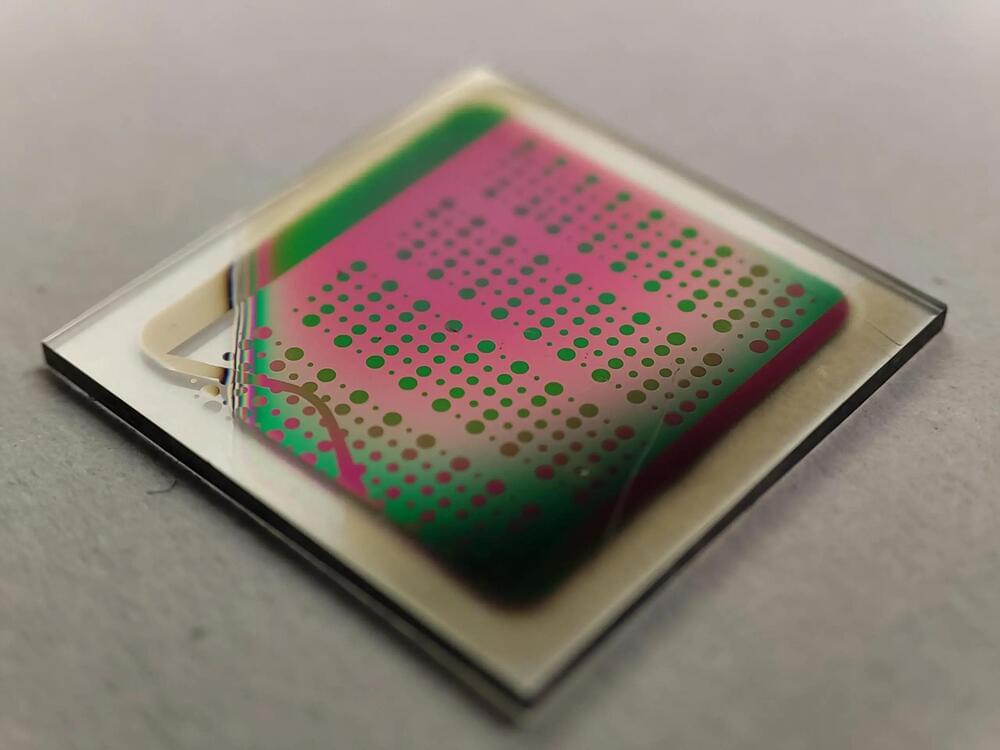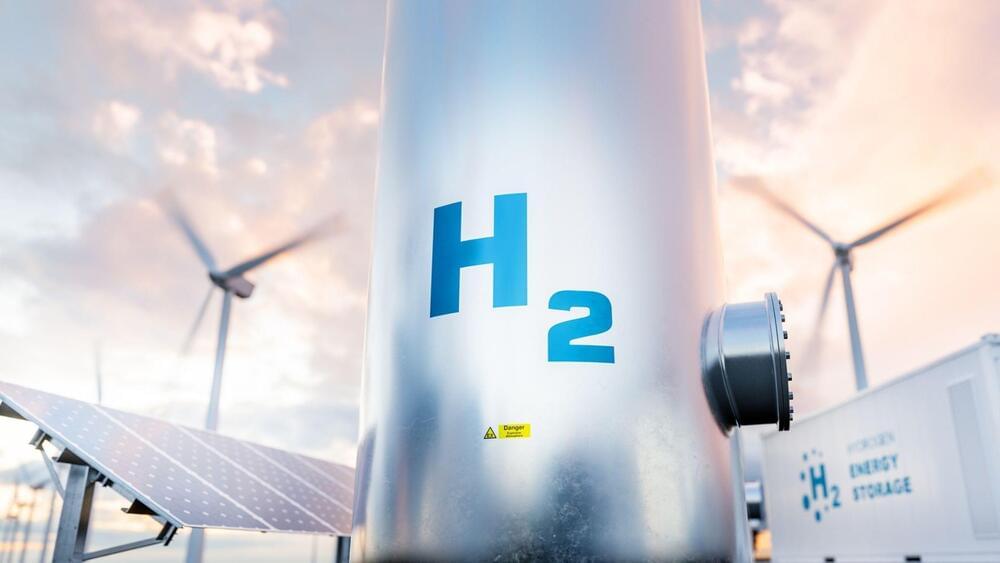May 17, 2023
How is human behaviour impacted by an unfair AI? A game of Tetris reveals all
Posted by Gemechu Taye in categories: entertainment, information science, robotics/AI
A team of researchers give a spin to Tetris, and make observations as people play the game.
We live in a world run by machines. They make important decisions for us, like who to hire, who gets approved for a loan, or recommending user content on social media. Machines and computer programs have an increasing influence over our lives, now more than ever, with artificial intelligence (AI) making inroads in our lives in new ways. And this influence goes far beyond the person directly interacting with machines.
A Cornell University-led experiment in which two people play a modified version of Tetris revealed that players who get fewer turns perceived the other player as less likable, regardless of whether a person or an algorithm allocated the turns.
Continue reading “How is human behaviour impacted by an unfair AI? A game of Tetris reveals all” »


















